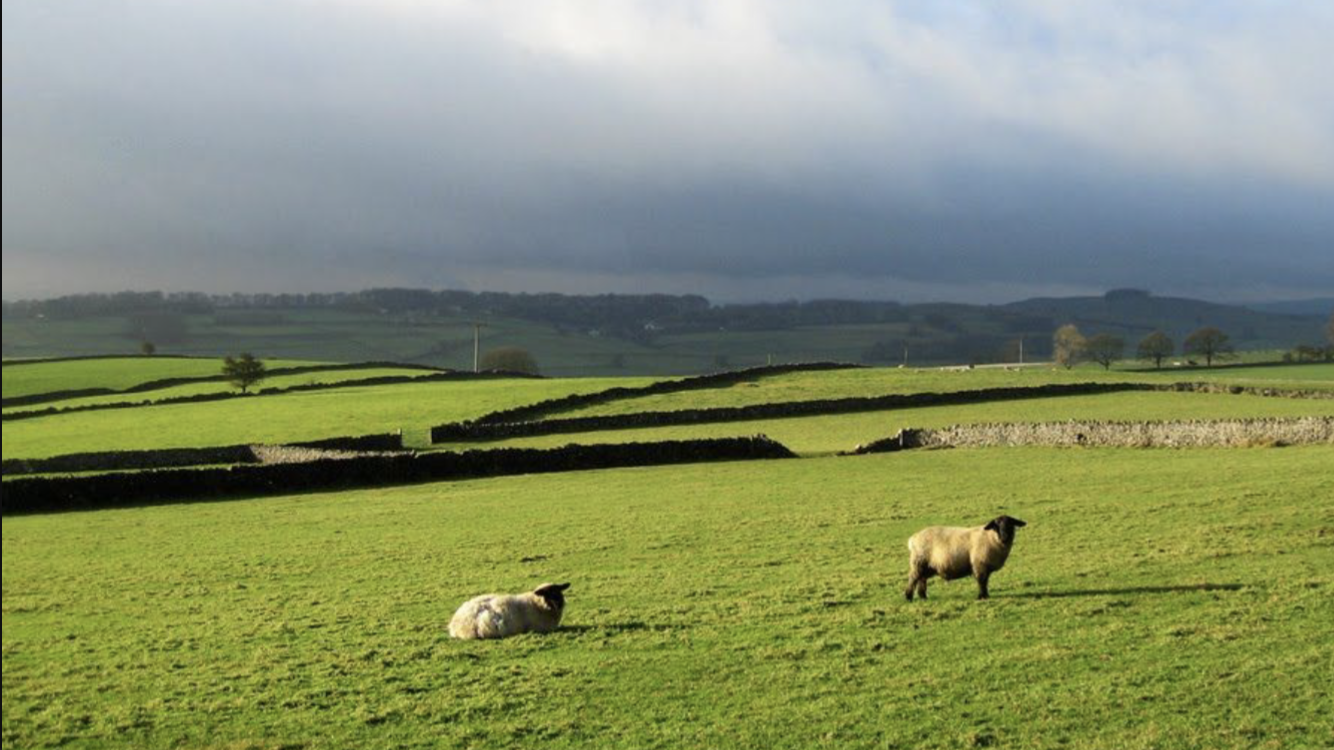In the United Kingdom (UK), regulations and permits governing insect farming and animal feed production are primarily overseen by several government agencies and regulatory bodies. Here’s an overview of the key regulations and standards relevant to insect farming and animal feed production in the UK:
1. Regulations and Permits:
Animal Feed Regulations:
- The UK follows regulations set by the Food Standards agency regarding animal feed. These regulations outline requirements for the production, marketing, and use of animal feed, including insect-based feed products.
- Farms producing and selling insect-based animal feed must comply with relevant UK regulations, including registration and approval processes.
Environmental Permits:
- Insect farming operations may require environmental permits depending on the scale and nature of the facility. Permits may be necessary for activities such as waste management, water usage, and emissions control.
- The Environment Agency in England, the Scottish Environment Protection Agency (SEPA) in Scotland, Natural Resources Wales (NRW), and the Department of Agriculture, Environment, and Rural Affairs (DAERA) in Northern Ireland oversee environmental permitting.
Health and Safety Regulations:
- Insect farming operations are subject to health and safety regulations aimed at protecting workers and ensuring safe working environments. Compliance with regulations such as the Health and Safety at Work Act is essential.
2. Food Safety Standards:
Feed Hygiene Regulations:
- Feed hygiene regulations establish requirements for the production, storage, and transportation of animal feed, including insect-based feed products. These regulations aim to ensure feed safety and prevent contamination.
- Farms producing insect-based animal feed must adhere to feed hygiene regulations and implement appropriate hygiene practices and controls.
Zoning Requirements:
Planning and Zoning Regulations:
- Local planning authorities regulate land use and development through planning and zoning regulations. Zoning requirements may dictate the permitted uses of land, including agricultural activities such as insect farming.
- Insect farming operations must comply with relevant planning and zoning regulations to obtain necessary permits and approvals for site development.
3. UK-Specific Considerations:
- Industry associations and organizations may provide guidance and standards for insect farming and animal feed production. Businesses can consult resources from organizations such as the Agricultural Industries Confederation (AIC) and the UK Insect Farmers’ Association (UKIFA) for industry-specific guidance.
Conclusion:
Compliance with regulations and standards is essential for insect farming and animal feed production in the UK to ensure food safety, environmental sustainability, and regulatory compliance. Businesses should consult with relevant authorities, seek expert advice, and stay informed about evolving regulatory requirements to operate legally and responsibly.
Coming next:
Part 7 Making Dried Larvae And Larvae Meal
